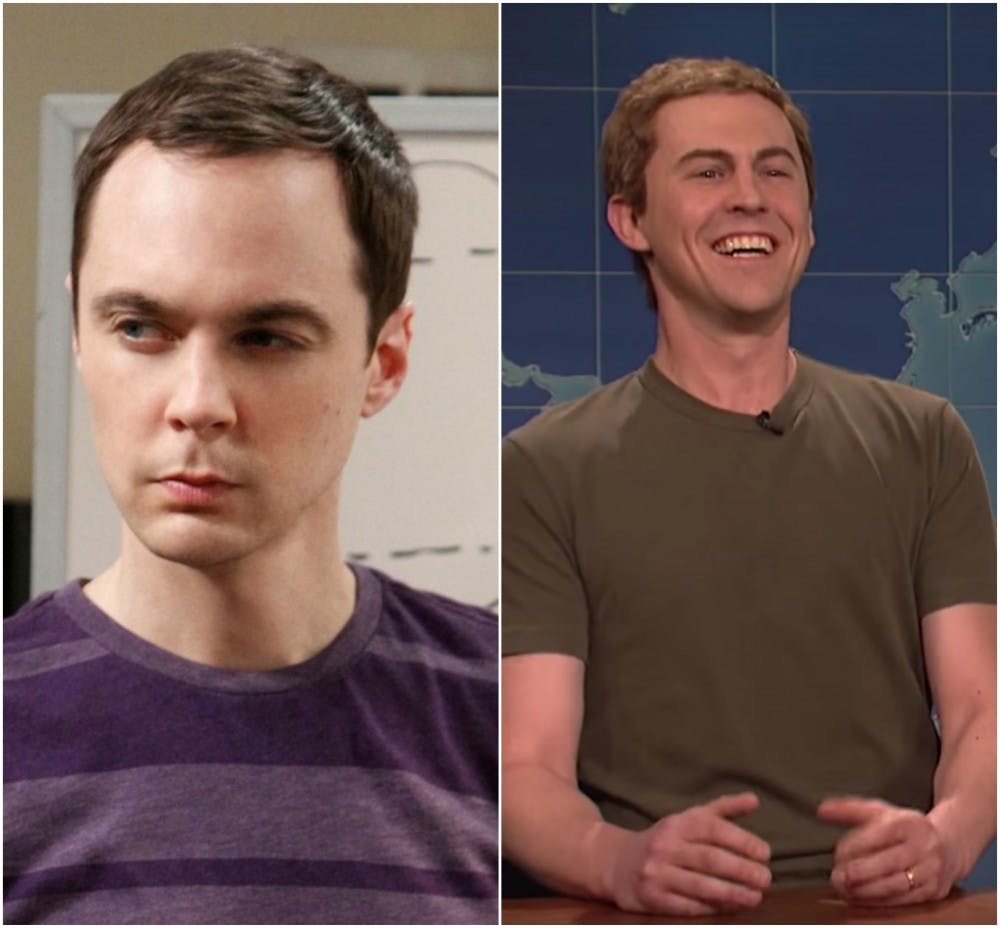There’s been no shortage of jokes directed toward Facebook’s CEO and co-founder, Mark Zuckerberg, in the wake of the Facebook scandal involving Cambridge Analytica.
While most jokes are tame enough, some jokes are far more pointed and lacking in taste, especially regarding Zuckerberg himself. A frustrating example of this appears in a recent sketch in Saturday Night Live.
On SNL’s Weekend Update, a mock interview between Zuckerberg (played by Alex Moffat) and Colin Jost first portrays the CEO exhibiting some strange behaviors. For example, Zuckerberg starts the conversation by telling himself aloud to make eye contact and then saying, “2...3...look away.”
Other jokes reference his facial expressions — “Unlike my facial expression, Facebook is going to change” — and his childlike responses to serious questions — “No backsies,” he says when asked if users can now delete their data.
The common thread tying these jokes together is not Facebook or Zuckerberg — they are all symptoms of autism spectrum disorder, according to the National Autism Association and are overly exaggerated for comedic effect.
To be clear, I don’t know whether or not Zuckerberg is actually autistic. However, that’s not the point. The point is that whether or not he is autistic, SNL planted that label on him, and used the symptoms that many autistic people struggle with as a source of laughter.
What is even more sickening is how this SNL sketch falls in line with nearly every other awful portrayal of autistic people in television. Truly, it is rare to find a character on the spectrum that is not a genius, emotionless robot who finds themself incapable of understanding the complexity of human interaction.
If these inaccurate portrayals weren’t bad enough, they are played up for laughs from other characters, as well as the audience.
As the saying goes, “If you’ve met one person with autism, you’ve met one person with autism.” Such distinctions are rarely seen in the media, though.
Characters with autistic characteristics have been featured in some of television’s most popular shows, such as Sheldon in “The Big Bang Theory.”
Sheldon is a case study for autistic people in the media — he doesn’t understand jokes or sarcasm, he obsesses over unusual topics like trains, he is ritualistic in his daily schedule, etc. Again, it is never stated that he has autism, but the creators of the show have no problem sticking these clearly autistic traits on him.
Some may argue that featuring autistic characters on television, no matter how exaggerated they may be, can only be a good thing, because visibility leads to a discussion, which then leads to acceptance.
Get content from The Daily Lobo delivered to your inbox
While this could potentially be true, the way other characters respond to these autistic traits prevent that from ever happening.
In an early episode in the series, Penny, another main character, sits in Sheldon’s “spot” on the couch. Like many individuals on the spectrum, Sheldon is very particular about how certain things are arranged and insists that he can only sit on that part of the couch.
He proceeds to go into a long-winded rant about why only he can sit on that spot on the couch, citing factors such as wind gusts and angle of the head relative to the television to justify his claim.
Instead of seeing that their friend is clearly distressed and accommodating him, the other characters mock and ridicule him. At one point, Leonard, Sheldon’s roommate, yells at him to sit down, which makes Sheldon extremely uncomfortable — laugh tracks persist throughout this entire scene.
Imagine watching such a scene without a laugh track, in real life. All of a sudden, the sight of someone being coerced into doing something that makes them upset becomes far less hilarious. It actually feels quite sad.
Sheldon’s autistic traits do not serve to enlighten the audience about those who struggle with these socially debilitating symptoms. Instead, it converts them into jokes, where the rest of the characters and the audience are encouraged to point and laugh — more specifically, to bully.
Portraying a certain type of character does not instantly create acceptance. The context that character is put in matters and greatly dictates the perception the audience gains of that character and whatever specific traits they may hold.
“The Big Bang Theory” fails to put Sheldon in a context where the audience can sympathize with him.
Of course, there are a number of shows, such as “Community” and “Bones,” that portray characters with autistic traits in more nuanced and realistic ways. However, these shows still fail to do one very important thing — say out loud that these characters have autism spectrum disorder.
There are those who argue that attaching this disorder to these individuals will only isolate them more, making them targets for future bullying.
But labeling disorders does matter. It puts a name to a face, a light on an issue and an identity to afflictions faced by millions of people.
Shows like “The Big Bang Theory” merely use these symptoms as props for their comedy, like a banana peel or a mischievous dog. And SNL helps the situation even less.
As someone on the autism spectrum, it actually is wonderful to see more people on the spectrum portrayed in cinema. I’d be lying if I said I didn’t cry every time I saw "The Imitation Game.”
And yes, there are shows out there that actually label certain characters as autistic. However, at the same time, “The Big Bang Theory” awaits its 12th season and SNL mocks a disorder without any sort of justifiable reason — and unlike “Parenthood,” they’re both still on TV.
Kyle Land is a news editor for the Daily Lobo. He can be contacted at news@dailylobo.com or on Twitter @kyleoftheland.






